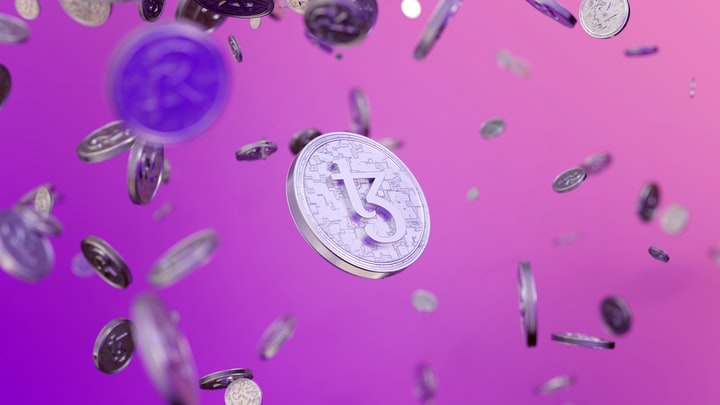
One of the first economic ideologies that I am going to write about here and create a story about an ideology most of the people reading this have probably never heard about before. This is probably because it is a very old economic school of thought that has not been regularly practiced for decades. Aspects of it might be used by various nations to this day, but many of them do not implement every single aspect of this ideology in the modern world. This ideology, as you probably can see from the title, is known as mercantilism. The main point of mercantilism is that government use their economies to augment the power of a main father or mother nation, usually at the expense of other countries. It was put into practice throughout the European continent from the 16h century to the 18th century. It was a counterpart of political absolutism: a doctrine where unlimited centralized authority and complete sovereignty are vested in a monarch or dictator with essentially no checks or balances. The term was given popularity by Scottish-American economist Adam Smith in his 1776 book 'Wealth of Nations'. However, plenty of publicists of the 17th century such as Thomas Mun of England and Jean-Baptiste Colbert of France (a statesman who served as comptroller general of finance 1665 to 1683) described mercantilism in their text, but they never specifically used the term mercantilism. Mercantilism was primarily employed by nations like France, Spain, Portugal, Italy, Germany, an the Netherlands. However, a form of mercantilism was practiced in Mesoamerica by the Aztec Empire known as pochteca.
One of the core tenets of mercantilism is that a nation's wealth should be measured in precious metals. Gold and silver would be seen as indispensable to someone who supported mercantilism. Those who did not have mines that could give them precious metals or access to them would basically be locked out of the global economy unless they acquired these metals through trade. Another tenet was that all trade balances had to be 'favorable', meaning there should always be an excess of exports for a nation compared to the number of imports. In mercantilism, the main nations would have colonies and these colonial markets would basically serve as markets for exports and as suppliers of raw materials back to the nation that colonized them. Under mercantilism, the economy activities of many colonies were very strictly regulated. For example, most mercantilist nations would ban manufacturing in colonies and some would even prevent colonies from trading with each other without the mother country's approval. All of this would work to try and guarantee that every colony would be dependent on a central nation financially & unable to easily achieve independence.
As described in the 1981 text Mercantilism as a Rent-Seeking Society: Economic Regulation in Historical Perspective, Mercantilism also largely fueled competition between various nations. This was because mercantilism viewed economic policy as a zero-sum game where a gain by one party requires another one to lose. Because of this particular mindset towards economics, most mercantilist nations would spend a certain amount of time competing with one another for resources & sometimes going into direct conflict. One of the differences between mercantilism and other economic systems such as mixed capitalism or cooperative socialism is this zero-sum mindset. Many economic theorists such as John Stuart Mill, Milton Friedman, and others reject this zero-sum idea and believe wealth/resources can be increased through cooperation between nations instead of always competing for more colonies & materials. Many also believed that metals like gold & silver could be good legal tender, but should not be seen as necessary to be a part of the global economy.
Posted Using LeoFinance Beta
Congratulations @evoxm1! You have completed the following achievement on the Hive blockchain and have been rewarded with new badge(s):
Your next target is to reach 50 upvotes.
Your next target is to reach 50 upvotes.
You can view your badges on your board and compare yourself to others in the Ranking
If you no longer want to receive notifications, reply to this comment with the word
STOPTo support your work, I also upvoted your post!
Support the HiveBuzz project. Vote for our proposal!